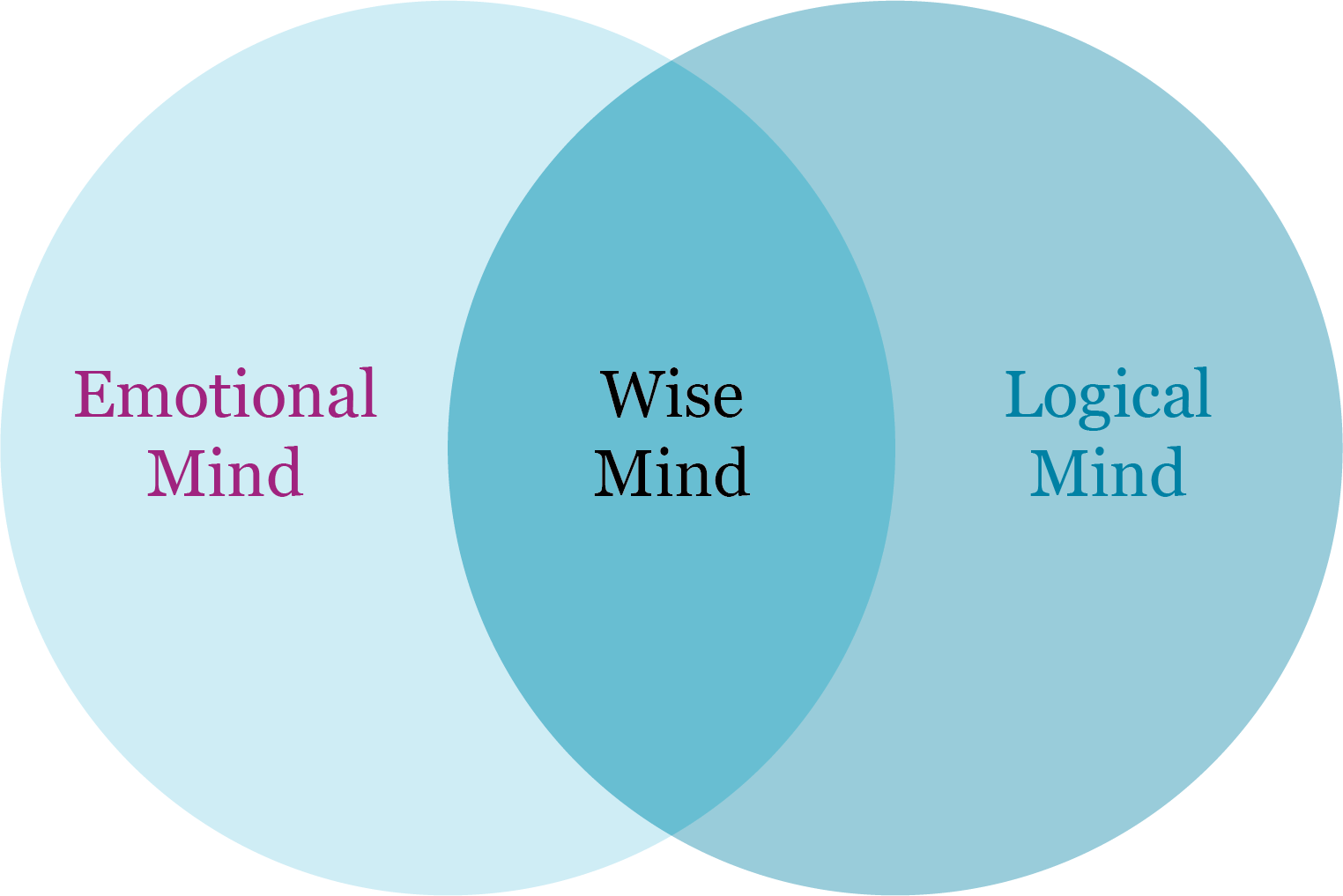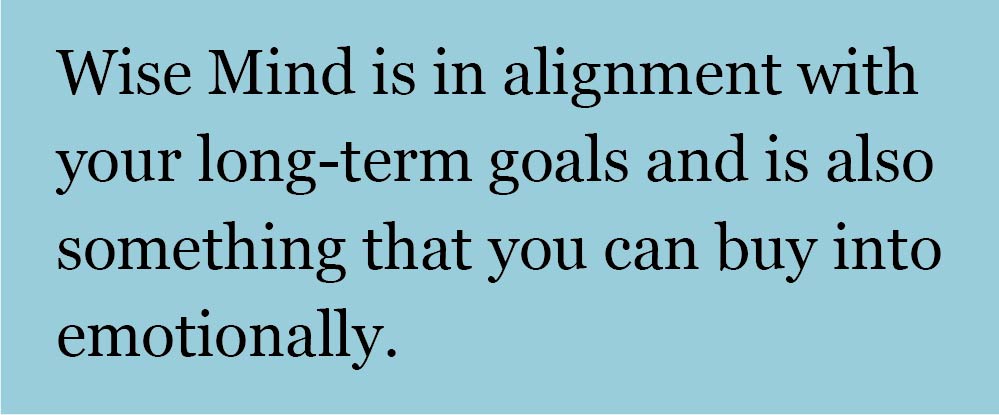The Second Pillar of Compassionate DivorceTM: Respectful Communication
"You catch more flies with honey than vinegar"
- Ernie Kahn
This old English proverb was a favorite expression of my dear deceased dad. It was a popular one in the day, and it still has a lot of relevance today.
Respectful Communication is a balancing act. You want to have constructive conversations with the person who has broken your heart or whose heart you broke. You have all these very real feelings about this person, and it might feel really good to let her know "how things really are" or to make him hurt the way you do.
Yet, expressing these feelings directly to him or her may actually impede your progress in facilitating a resolution that gets you to step three of Compassionate Divorce™, Focusing on Positive Outcomes. You want your separation to remain a life event and not evolve into a lifestyle.
Consider the saying from my earlier post:
"When I point the finger at you, three fingers are pointing back at me"
When you begin a conversation with your partner with a pointed finger, you risk putting him or her on the defensive, and you miss an opportunity for meaningful conversation. We encourage you to resist being an "ex"pert. It's easy to organize your intense thoughts and feelings around the failings of your soon-to-be "ex". Whereas this can feel cathartic while venting to friends or family members in your corner, it has limited value when you are engaging in the second and third steps of Compassionate Divorce™.
The zinger that you rehearse in your mind in anticipation of assaulting your partner with it, may not serve either of you well when you are trying to communicate respectfully to create a relevant and effective plan for the future well-being of your family.
We realize that some people have trouble engaging in this next step without professional assistance during the separation. If your clear intention is to separate or divorce, we can help you with that. However, if you are undecided about whether to proceed with a divorce or not, you may consider pursuing couples therapy first, if you have not already done so. A month or two of regular couple's therapy sessions can be valuable in helping the two of you clarify the path you decide to take.
Many people think that couple's therapy is just for couples who want to work it out to stay together. If you clarify to a couple's therapist that your goal is to help you determine which direction you want to proceed, when you are at the fork in the road (some call this "discernment therapy"), it might be worth your while to consider couple's therapy.
Dr. Ann Buscho, a psychologist who blogs regularly in her Psychology Today column "A Better Divorce", (psychologytoday.com/us/blog/better-divorce), states that couples consider committing to a series ofcouple's therapy sessions in order to gain this clarification. Her post of August 12, 2019, entitled Finding Clarity: How Do I Make the Decision to Divorce? addresses this issue and is worth a read if you are on the fence about moving forward with a separation or divorce.
When you visit her site, we encourage you to review her other posts. She is a font of practical wisdom for folks in all stages of the divorce process, and you are likely to discover many relevant posts to share with your partner. That way, if or when you make the decision to separate or divorce, you will be better prepared, particularly if you choose a process like Compassionate Divorce™ to assist you.
Using Your Wise Mind
Dialectical Behavior Therapy (DBT), an evidence-based set of strategies developed by Dr. Marsha Linehan at the University of Washington, as a set of life skills that can be quite helpful to you, particularly if you are in the middle of a life crisis like a divorce. One of the most powerful tools from the DBT literature instructs us how to shift from solely Emotional Mind or Logical Mind (I use this term in place of Dr. Linehan's "Reasonable Mind") to Wise Mind. Making this shift to Wise Mind can help both you and your partner reach decisions that not only take into account your feelings, but also can lead to decisions that are in the best interests of both of you and your children. Based on a concept called "States of Mind", it works like this:


Emotion Mind is when you are having an emotion and feel like you are in the emotion and being swept away by it - completely identified with it. When we act from Emotion Mind, things tend to be reactive, fast, and usually not too well thought out. When you are in emotion mind, you feel like you are the emotion. You identify totally with the emotion. There is little separation from it because that is what emotions want to do; they want us to believe in them totally.
There are plenty of times when we might like or even prefer to be in Emotion Mind. For example, at a movie or a play or a wedding, we would want to be in touch with our emotions. But there are also some times when being in Emotion Mind isn't such a good thing, such as when arguing with your partner or disciplining your children. Is it helping you to be in Emotion Mind at this time?Is it useful or appropriate?
Logical Mind is when your logical self is in control. It tends to be cool, detached. The best description would be Dr. Spock on Star Trek. Very dry. Very analytical. No emotion, just a just the facts sort of approach.

There are many times when it is useful to have your Reasonable Mind be in control…for instance, when you need to balance a checkbook, or at work. Many types of work only reward Reasonable Mind. However, there are also some times when it would not be so useful to be in Reasonable Mind, such as at a wedding. You wouldn't want to spend your entire time at your child's wedding adding up how much it all costs. So, there are times when Reasonable Mind can be useful and really helpful, and other times when it might get in the way.
Neither Emotional Mind nor Logical Mind are good nor bad in themselves. The question to ask yourself is, "Is this working for me right now?" What usually works best is a combination of the two, otherwise known as Wise Mind. For most people, employing Wise Mind entails stepping back, slowing down, and reflecting. You may feel it in your gut, your heart, or your head. Wherever it resides, when making a decision with the Wise Mind, it is important to ask these two questions:
1) Is my decision in my long-term best interests and in the long-term best interests and goals of my family?
2) Is the decision something that I can emotionally buy into?

The Wise Mind Stance
Here is an example of how to use The Wise Mind Stance. Your divorcing partner informs you that she wants to take the children on a ski trip with her family during winter break, which has been a family tradition that you have been a part of for years. Now that you are divorcing, you're not invited, and it will shorten the number of days the children will be with you during that two-week break from school.
You are incredibly sad when you think about missing a family event that you have loved to participate in. You are also angry that she would have the nerve to take the children on this trip, while leaving you behind, compounded by the fact that this cuts into the days you had planned to have the children with you. At the same time, you don't want to deprive the children of this special trip.
Is there a Wise Mind decision to this dilemma that addresses your Emotional Mind pain and your Logical Mind calculations that you are giving up valuable time with your children? You realize that you, too, want the opportunity for an extended vacation with the children. A Wise Mind approach to this dilemma might be that you ask your partner to offer you something in return, such as allowing you some extra days during spring break, so that you can take the children on that long-promised trip to Hawaii.
By employing the strategy of shifting from just Emotional Mind or Logical Mind to The Wise Mind Stance, you open up the potential for reaching decisions about your spousal relationship and your relationships with your children that respect both of your emotions and ultimately result in respecting and acknowledging the long-term best interests of everyone.
